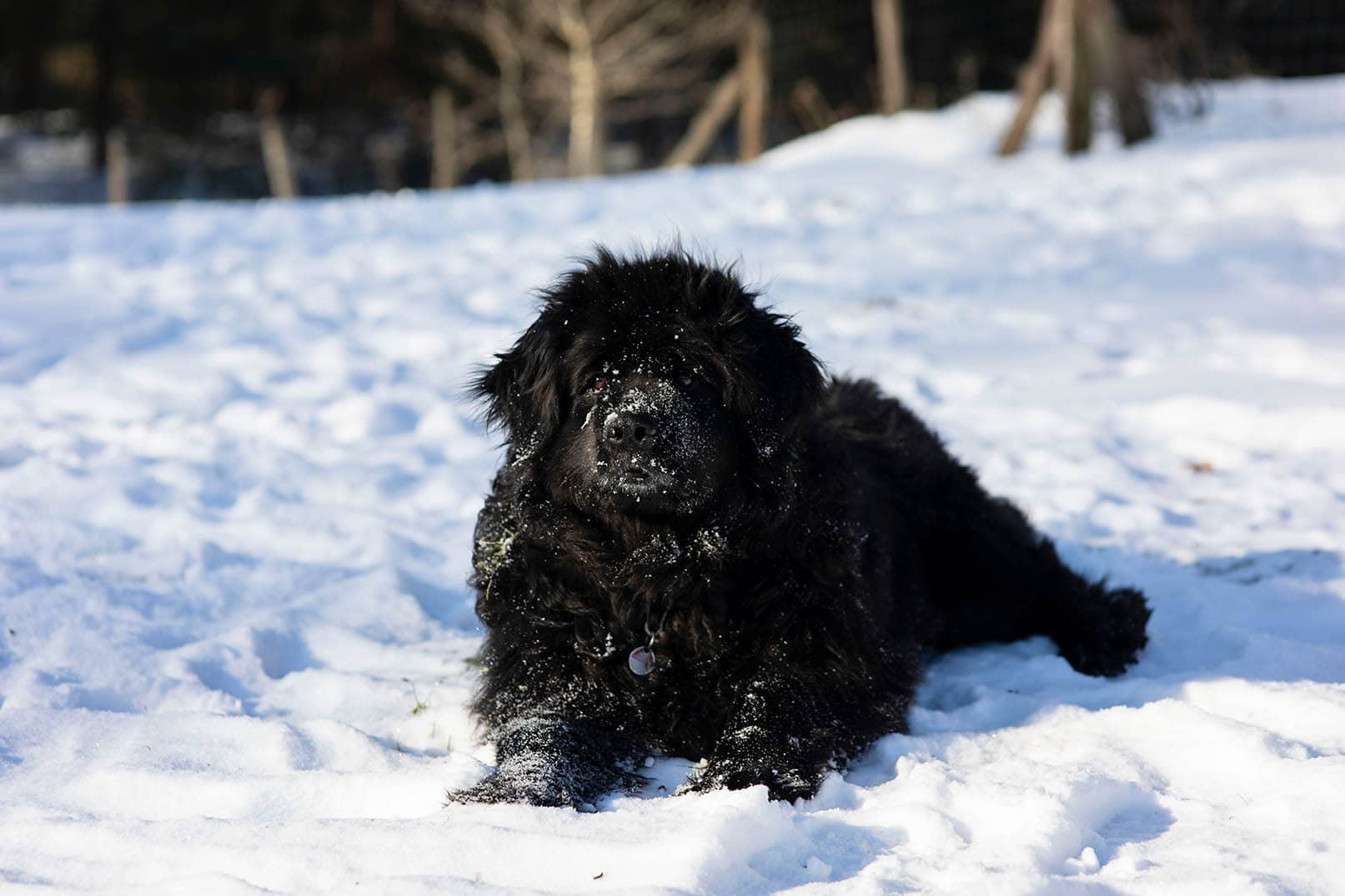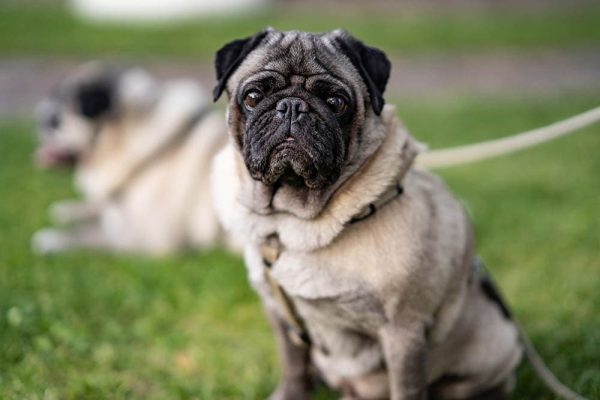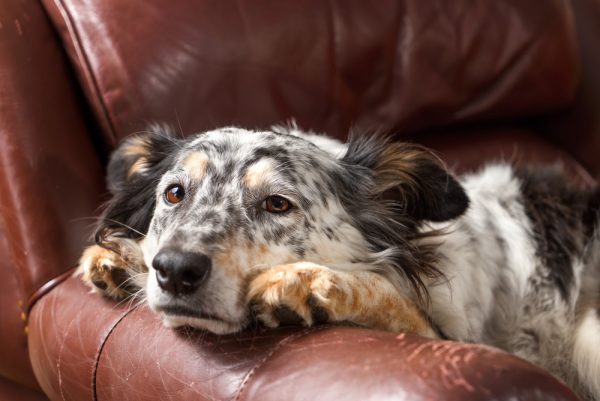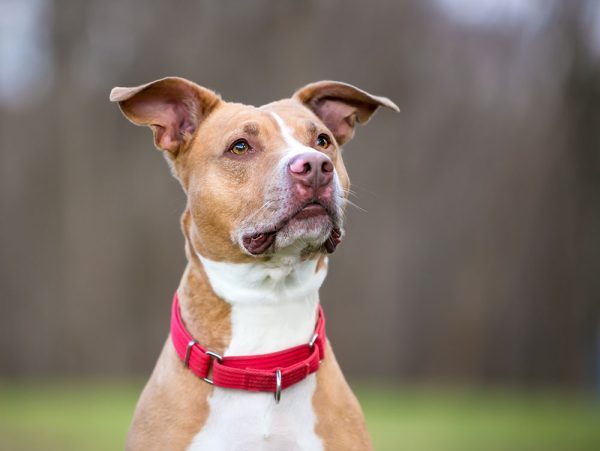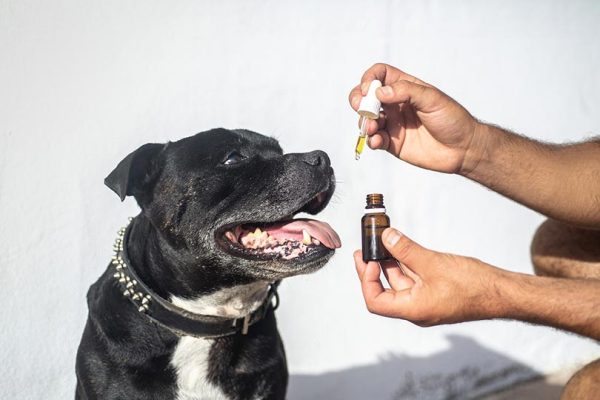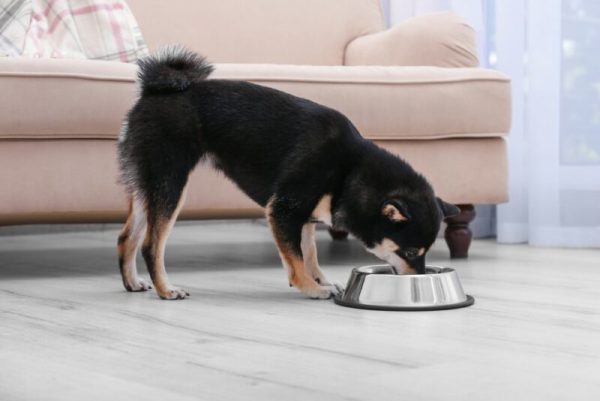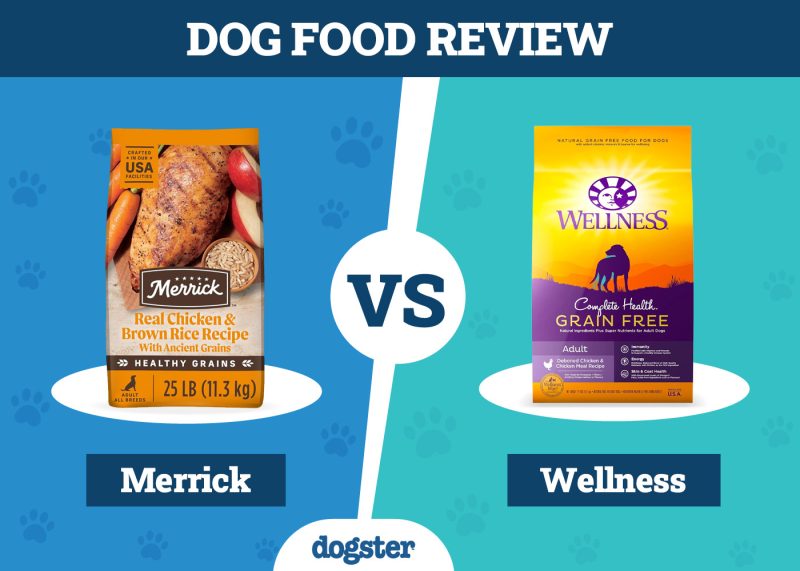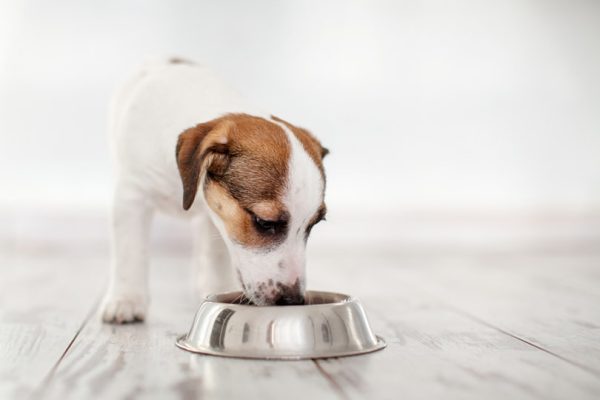In this article
On a hot summer’s day, you might be looking for a way to cool down your dog by giving them ice blocks to lick. You may also find that they have a love for playing in the snow and also occasionally eating it.
It is not uncommon for dogs to vomit after ingesting freezing substances, as this can cause some discomfort in their stomach. Dogs who consume a large amount of snow and melted ice from outdoors are also at risk of ingesting a harmful substance that was frozen in the ice. This can cause them to throw up, as the substance might be irritating their gastrointestinal tract or potentially cause them to be poisoned.
If you notice that your dog has recently ingested ice or snow and that they have started to throw up, we have listed a few reasons that it may cause your dog to vomit.

The 4 Possible Reasons a Dog Throws Up After Eating Ice
1. Too Cold for Their Stomachs
Some dogs have sensitive stomachs, so by ingesting ice blocks or snow, your dog’s stomach could have difficulty processing the coldness and thus cause your dog to throw up. There is a possibility that your dog’s stomach can spasm from the sudden cold after they have ingested ice which can cause them to vomit out of discomfort and stomach pain. This will usually happen as soon as your dog has swallowed a piece of the ice before it has a chance to melt.
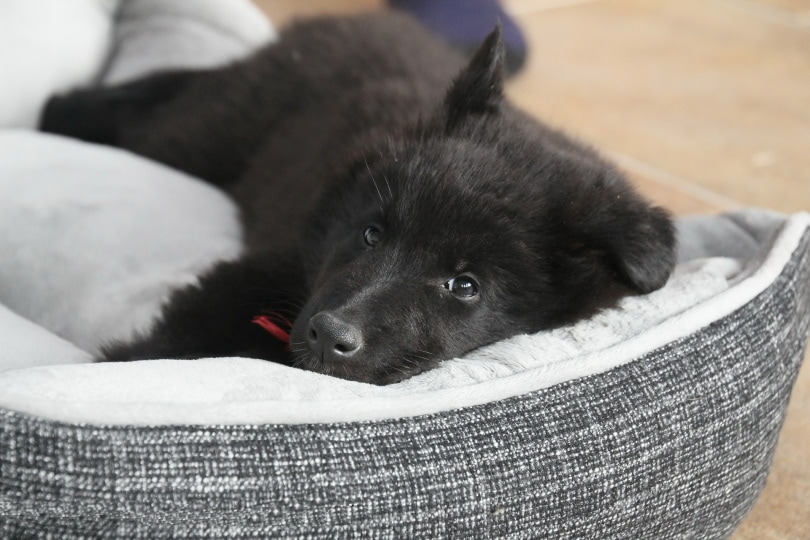
2. Bloating
Ice contains a large amount of water, and if your dog is consuming a large portion of snow or ice blocks, then it could lead to bloating issues. Bloating is also common in dogs who consume lots of ice and gulp it down as it pushes excess air into their stomachs and can potentially cause a stomachache and digestive discomfort.
Ice is not a direct contribution to bloating in dogs, but consuming too much water at once is. Since ice and snow are solidified water, your dog might be gulping down too much water that their body can handle at once.
- Looking for a pet-friendly solution for cleaning vomit? Check out our top products here.
3. Harmful Contaminants
Although ice cubes from the tap and placed in the freezer will rarely be contaminated with any harmful substances that can make your dog throw up, the same does not apply to snow or ice that forms outdoors. Certain chemicals can leach from soils, plants, and drainage systems outdoors that can become frozen in the ice. Once this ice with the harmful contaminants is ingested, it can make your dog feel sick and can lead to vomiting.
Some contaminants (such as pesticides, herbicides, or drain leakage) can cause poisoning in your dog which will require prompt veterinarian treatment. If this was to occur, your dog will show other abnormal behaviors aside from just vomiting.
If you need to speak with a vet but can't get to one, head over to PangoVet. It's our online service where you can talk to a vet online and get the advice you need for your pet — all at an affordable price!

4. Ice Melt Poisoning
Ice melting products (rock salt) mainly consist of sodium chloride, calcium salts, or potassium chloride, which can be harmful to dogs. If consumed in large quantities, the salt melt can cause your dog to throw up and suffer from diarrhea. Potassium chloride is known to cause severe digestive discomfort in dogs and cause them to have vomit and diarrhea with vomit in it.
In more severe cases, your dog’s kidney and nervous system function may be impaired. Aside from gastrointestinal issues, your dog may also develop skin and paw irritation from coming into contact with rock salt. Large amounts of rock salt are usually digested when dogs drink from puddles of melted snow.

Can Dogs Eat Ice Cubes in Hot Weather?
Many dog owners will add ice cubes to their dog’s water bowl when it is hot to help cool them down, while some might let their dogs chew and lick ice cubes. You can place a few ice cubes in your dog’s water to help cool it down gradually, but you want to avoid cooling their water down too much because it can cause them to get an upset stomach.
Some dogs may also try and chew the ice cubes by removing them from the water bowl, which can pose a problem of a potential choking hazard or accidentally chipping a tooth. Some dog owners recommend placing the water bowl in the freezer for 10 minutes until the water is significantly cooler versus placing a loose ice cube in the water.
Can Dogs Get Brain Freeze?
The colder the water, the more likely they are to experience a freezing sensation in their head, which can be compared to a human experiencing “brain freeze” if they eat ice cream or drink ice water too quickly. It will not last long, and your dog will soon go back to feeling normal. Your dog is most likely to get a brain freeze if they are eating and playing in snow or chewing and licking on ice cubes.
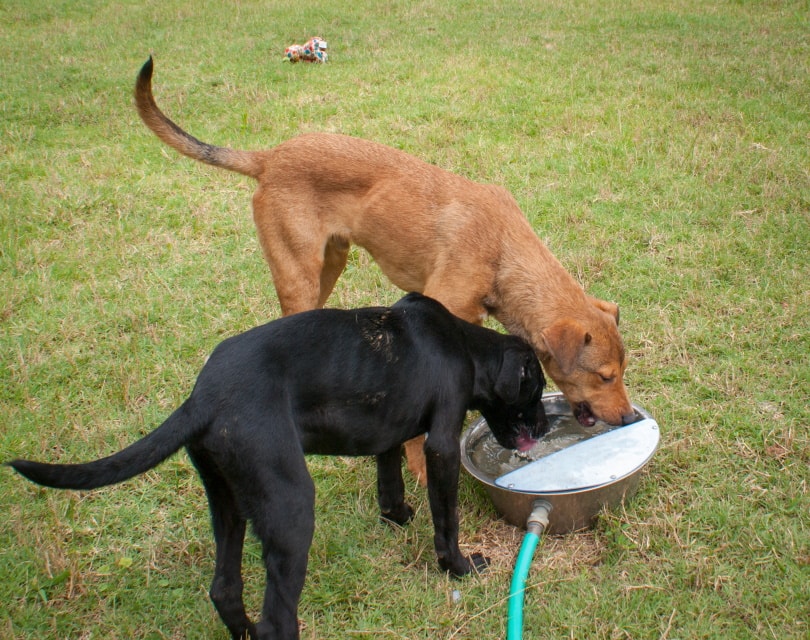
Is It Safe for Dogs to Eat Snow?
If your dog curiously eats some small portions of clean snow, then it should not pose a problem to their health. However, if your dog is eating snow in large quantities while being exposed to freezing temperatures, it can cause their body temperature to drop dangerously low.
Avoid letting your dog eat discolored, dirty, or melted snow because it may contain harmful substances that could make your dog ill. Most dogs will not eat snow, but dogs who walk through thick layers of snow may gather snow on their fur and paws which can then be ingested if they lick themselves after.

Final Thoughts
To help reduce the risk of your dog throwing up after ingesting ice during the hot summer months, you can instead provide them with a bowl of water that is kept to a mildly cool (not freezing) temperature or place one of their chew toys in the fridge for a few hours and let them lick the condensation from the cool toy.
If you find that your dog has a habit of eating snow and ice from outside, you should keep them supervised when outdoors to help prevent them from consuming ice or snow that might have harmful chemicals in it.
By the way…
No matter how hard you try, pets will always leave you cleaning up smells, stains, vomit, hair, and everything in between. With the Hepper Advanced Bio-Enzyme Pet Stain & Odor Eliminator Spray, you can advance your clean-up routine!
- ADVANCED ENZYMATIC CLEANER - Penetrates the most stubborn smells and stains at the deepest molecular...
- FOR ANY MESS, ON ANY SURFACE - This pet odor eliminator cleans your carpets, floors, furniture,...
- FRESH, NATURAL ODOR - Our unique formulation doesn't rely on dangerous or unpleasant chemical...
It permanently removes the very worst pet stains and smells (and truly makes clean-up a breeze). Click here to learn more, order a bottle, and freshen up your home today.
At Dogster, we’ve admired Hepper for many years, and decided to take a controlling ownership interest so that we could benefit from the outstanding products of this cool pet company!
Featured Image Credit: Alla’s Photography, Shutterstock
